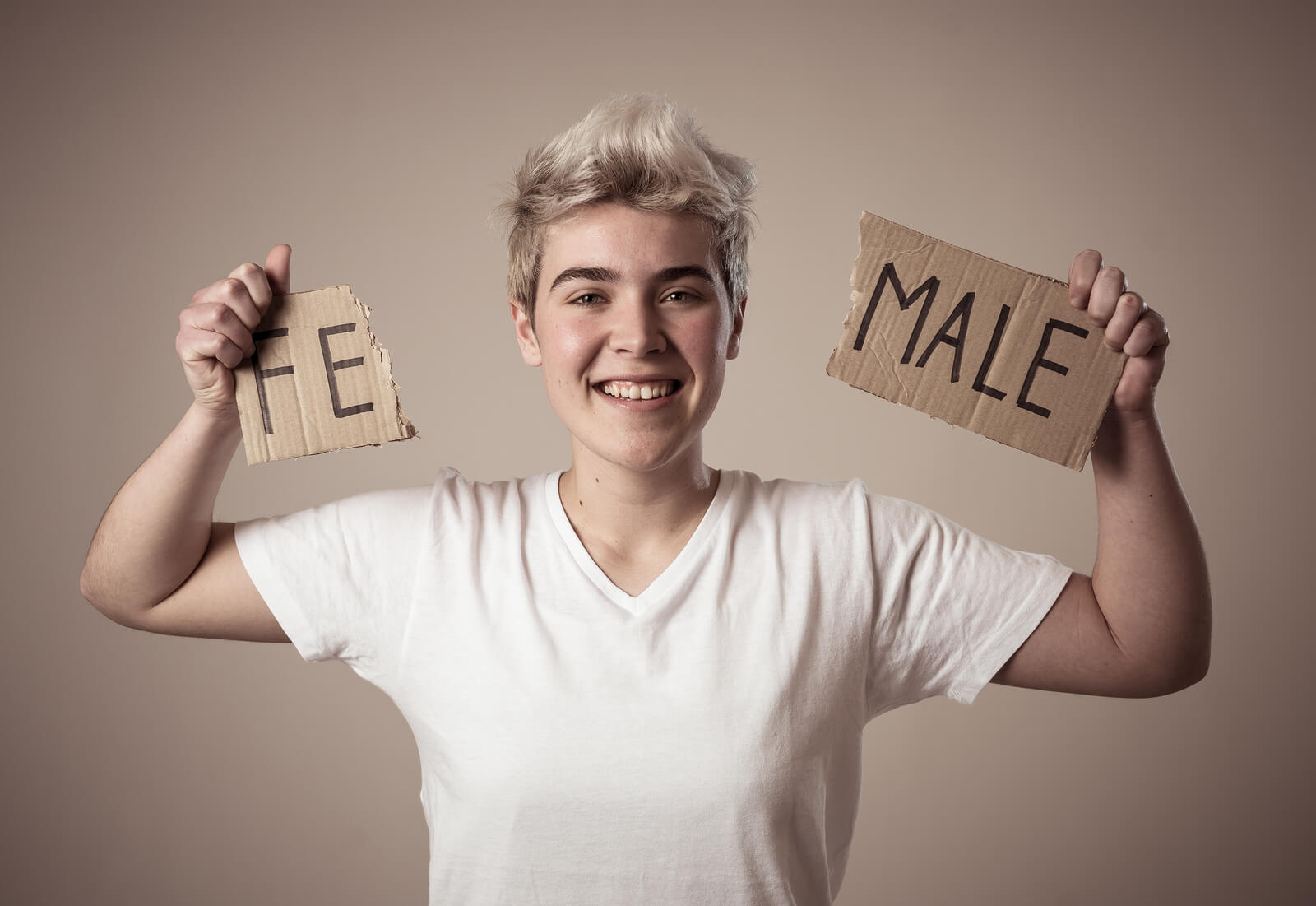In an ideal world, nobody would have to ‘come out,’ as heterosexuality and gender wouldn’t be assumed. However, we are still a little while off that as a society. So, many people face the daunting task of telling others their sexual orientation or gender — whether through a planned conversation or otherwise.
Many students use their time at university as an opportunity to find out who they truly are — and this often includes their sexual and gender identity. Being away from home offers a freedom that most won’t have encountered before.
While your sexuality and gender are nobody else’s business as such, they are an essential part of your identity, and hiding a large part of yourself away from friends and family can be exhausting — not to mention impacting negatively upon your mental health.
Of course, this task shouldn’t be daunting, as sexuality and gender are simply facets of you. However, it nearly always is daunting. Most people will accept what you are telling them and move on because they love you unconditionally and understand that your sexuality and gender make no difference to your relationship with them. Some will want to celebrate with you for being ‘out’!
Unfortunately, the dread of ‘coming out’ sneaks in because there’s always the chance that you might face an adverse reaction from someone. A Stonewall report found that almost nine in ten secondary school teachers have witnessed homophobic bullying in schools. If you were a victim of this at school or witnessed it, then it might (understandably) have put you off being yourself in front of your peers.
While we can’t guarantee that everyone will be ecstatic about your news, we can assure you that if someone reacts badly when you ‘come out’ to them, that is on them — not you. Also, given time, most people adapt and move on. If they can’t, then perhaps they don’t fit into your life anymore.
Don’t force a label
You might feel the need to choose a label to ‘come out’ to others with, in the hope it will help them to understand better. However, please remember that sexuality and gender can both be in flux and labels aren’t always helpful. Also, if you are using labels, don’t feel you need to choose one people will understand better — if you are bisexual, say you are bisexual — saying you are gay just to help others to understand right now will only cause issues further down the line.
Alternatively, skip the labels altogether and instead explain how you currently feel — whether that is attracted to all genders, asexual, or that you are living in the wrong body.

Take it slow
‘Coming out’ can sound like you’re going to drop an announcement on each of your social accounts while standing on a roof and shouting it loud. Which is fine, if that’s how you want to tackle it — we don’t condone roof-climbing though as it’s dangerous!
However, in reality, it can be a lot easier if you tell people over several days, weeks, or months. There’s no huge rush, and the time will give you and your uni mates a chance to process everything. Just start with one friend and take it from there. You may find that your confidence builds with each conversation, too.
How to ‘come out’ face-to-face
If you would like to ‘come out’ to someone face-to-face, then you are best to do so sober — as tempting as it might be to do it when you’re four pints down! Plan to meet with a friend or housemate for a coffee and take it from there.
Dave, a student in Strathclyde, found that when he ‘came out’ as gay to friends at university, they thought he was joking as he wasn’t ‘gay-acting.’ When they realised he wasn’t joking, they were indifferent to it.
Dave explained: “I had gone through the first half of first-year without telling anyone and the frustration, depression and longing – to name but a few emotions – were killing me. Once I told folk, the weight that was lifted was unbelievable. I’ve made more friends since I came out because I can be myself.”
How to ‘come out’ not face-to-face
If you’re particularly nervous about coming out in general or to certain people, then bear in mind that face-to-face isn’t your only option.
While it may seem a bit wrong in theory, you can deliver your news via text — although we’d say that isn’t ideal as you have to endure a very tense wait for a reply! Also, reactions could be misunderstood over text.
Another option is a letter, which will feel far more personal to the recipient and, in the process, remind them of how much they mean to you. They may respond with a letter; they may text you, call you, or turn up at your door and give you a massive hug.

Prepare for the questions
When you ‘come out’ to your uni mates and housemates, they are bound to have a few questions for you. So, plan ahead and give some thought to what they might ask and how you can respond. Doing so will help you feel more prepared for the conversations ahead and, therefore, less anxious.
Questions from friends might include:
- How long have you known?
- What does [insert sexuality or gender label here] mean?
- Why are you only ‘coming out’ now?
- Are you sure?
- Do you have a partner?
- Do you fancy me?
- But didn’t you have a [girlfriend/boyfriend] last semester?
- Who else knows?
Join a uni society
Every university in Leeds has an LGBT+ society you could join. This can be a great move to meet other LGBT+ students, find some support from those who understand from a first-hand point-of-view, and learn more about the LGBT+ scene in Leeds.
University of Leeds
If you’re a student at the University of Leeds, you have the option of joining the LGBT+ Society. The society runs a coffee hour every day of term (Monday-Friday), between 12 PM and 1 PM, upstairs in the Union. It also runs regular social events — from club nights to film nights, and everything in-between.
Social media
Twitter: @LUULGBTSoc
Facebook: https://www.facebook.com/luu.lgbt.soc/
Instagram: luulgbtsoc
Leeds Beckett University
If you’re studying at Leeds Beckett University, you could join the EQUALS Society. Priding itself on providing an open and welcoming environment to all LGBTQ+ students and their allies, the society runs weekly events — including club nights and games nights.
Social media
Twitter: @equalssociety
Facebook: https://www.facebook.com/EqualsSociety
Instagram: @equalssociety
Leeds Trinity University
If you’re a Leeds Trinity University student, you’re eligible to join the LTSU LGBT+ Society, which supports LGBT+ students and the wider LGBT+ community.

If you are struggling to come to terms with your sexuality or gender, then confide in a close friend or family member or reach out to your university’s student advice team.
You’ll find the contact details for LUU Student Advice here. Are you studying at Leeds Beckett? You’ll find the details of their Students’ Union Advice Service here.
If you’re studying in Leeds, Pickard Properties has a wide range of student house shares and properties that you will love.



